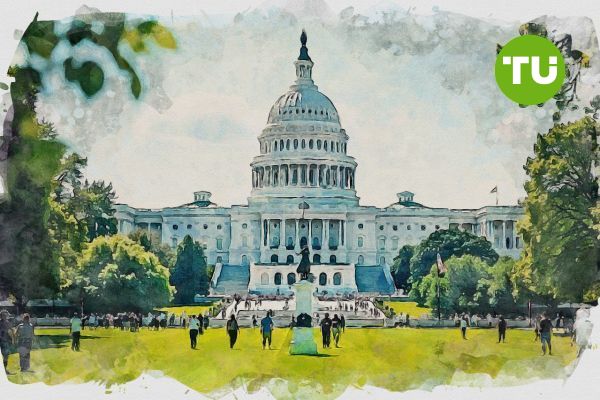Senators oppose GENIUS Act over security concerns
 GENIUS Act faces bipartisan Senate backlash
GENIUS Act faces bipartisan Senate backlash
A bipartisan group of U.S. senators has officially opposed the latest version of the GENIUS Act — a proposed legislative framework for regulating stablecoins — citing concerns over national security and anti-money laundering measures.
The bill, formally titled "The Guiding and Establishing National Innovation for U.S. Stablecoins Act" (GENIUS Act), was introduced in February 2025 and is intended to provide clear guidelines for the issuance and use of payment stablecoins.
According to cryptocurrency journalist Eleanor Terrett on her X (formerly Twitter) page, Senator Ruben Gallego and nine other senators stated that the revised draft lacks sufficient protections for the financial system.
Loading...
Among the signatories are four Democrats — Gallego, Warner, Kim, and Blunt Rochester — who had supported the original version of the bill during a March committee hearing. Their change of stance highlights serious concerns over provisions related to foreign issuers, enforcement measures, and the overall readiness of the regulatory structure. Notably, Senator Angela Alsobrooks, a co-sponsor of the bill, did not sign the letter — signaling disagreements even within the original support base.
Legislative uncertainty raises alarms in the crypto market
The senators’ opposition threatens to derail the GENIUS Act’s progress, creating uncertainty for the broader digital economy. Critics point to weak anti-money laundering protocols, the absence of strict penalties for violators, and inadequate national security protections — especially regarding foreign stablecoin issuers. The backlash is particularly notable as it coincides with Senate efforts to fast-track the bill and recent media reports scrutinizing Donald Trump’s crypto-related ventures and potential involvement of his family.
The senators' letter could delay or trigger revisions of the bill, prolonging the regulatory limbo for crypto investors.
Potential impact on AI and blockchain
Regardless of the stablecoins' fate, the GENIUS Act may also affect funding for advanced technologies such as artificial intelligence and blockchain. Since the bill seeks to shape national policy on digital assets, its final wording could influence conditions for startups working at the intersection of AI and crypto. Analysts warn that ongoing political divisions may hinder capital inflow into such initiatives and deter institutional participation.
A final vote on the GENIUS Act is expected by the end of May. Until then, the crypto industry remains in a holding pattern — suspended between hopes for regulatory clarity and the realities of a divided political landscape.
Meanwhile, digital asset integration at the state level has met additional resistance. Arizona Governor Katie Hobbs vetoed Senate Bill 1025, which would have allowed the state to hold Bitcoin as part of its official reserves.
In a letter to Arizona Senate President Warren Petersen, Hobbs stated: “Arizona’s pension system is one of the strongest in the nation because it makes smart and thoughtful investments... This is no place for the state to experiment with unproven investments like virtual currency.”













































































































































